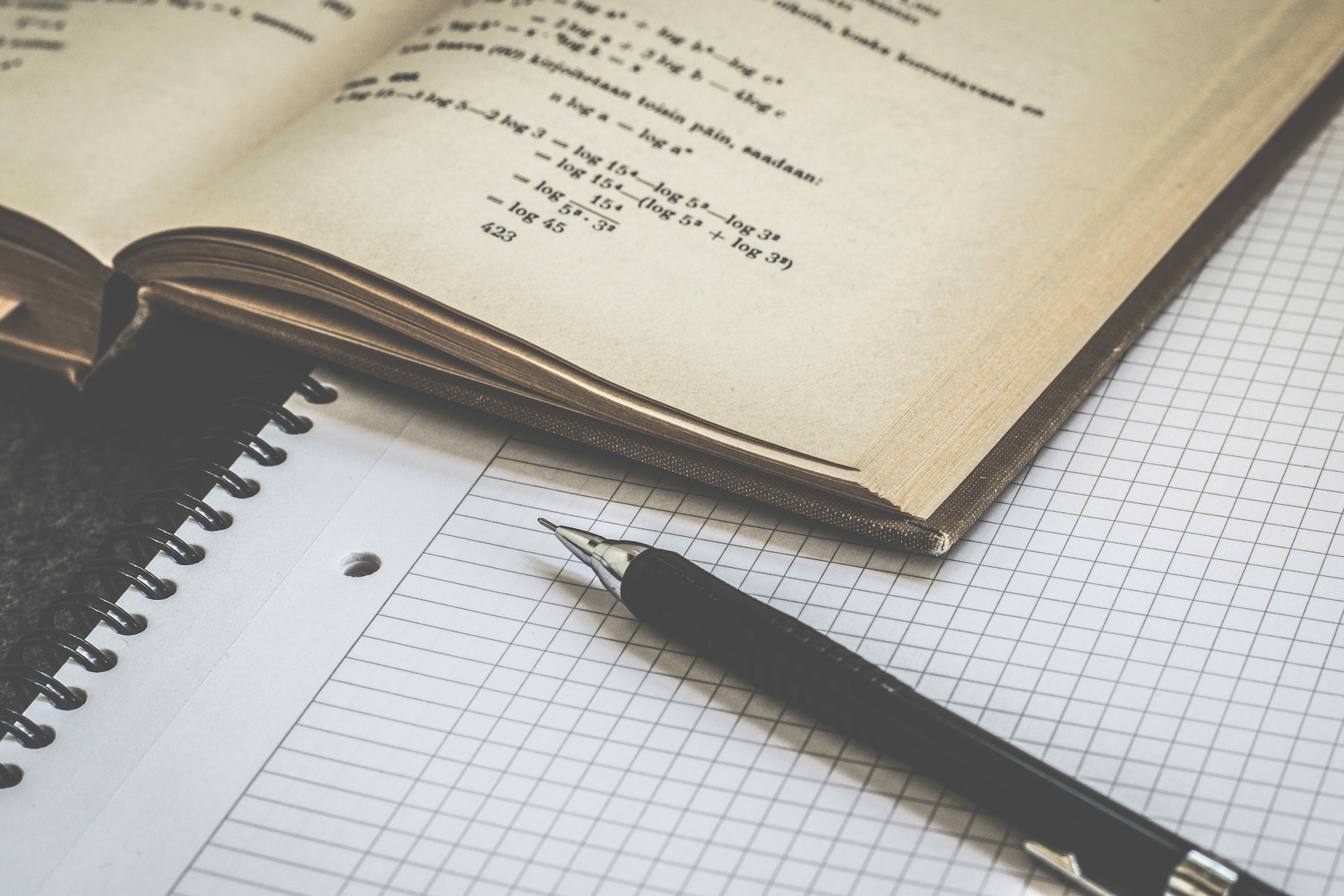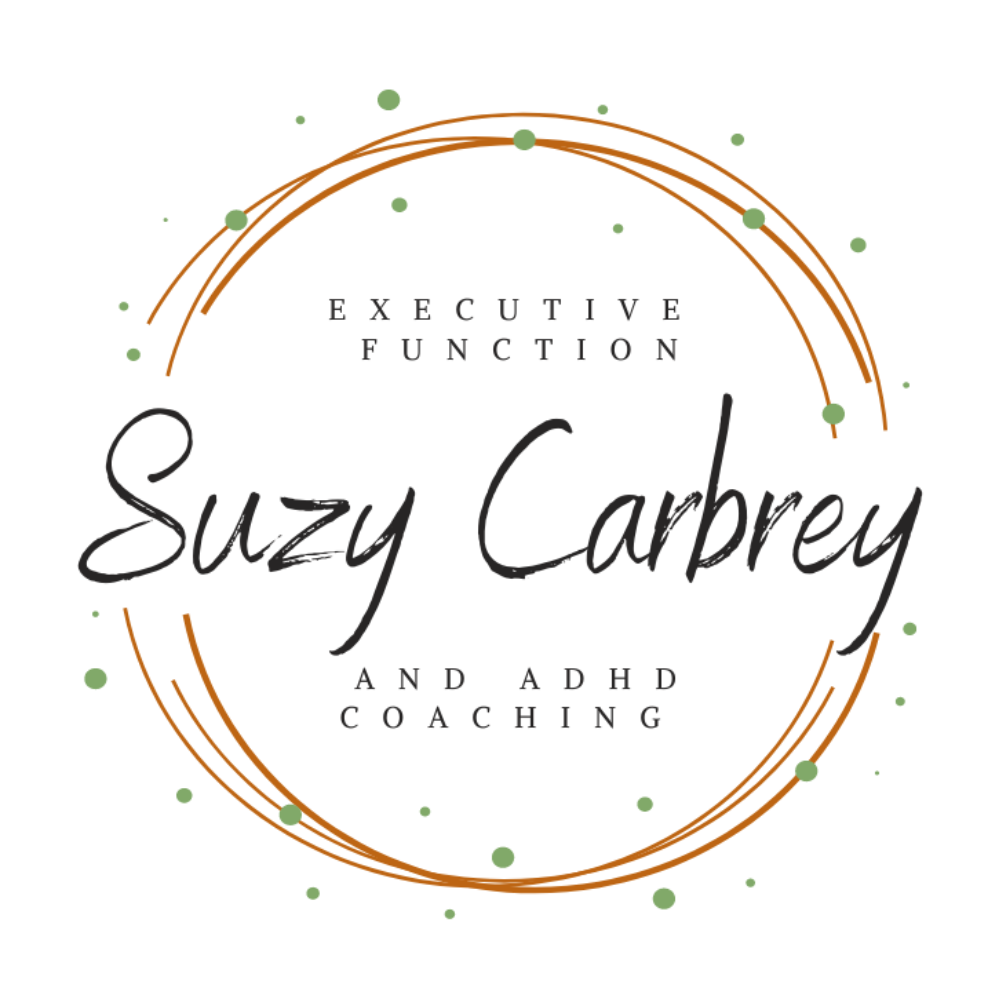Creating Space: A Journey of Reflection and Empowerment for Adults with ADHD is written by Suzy Carbrey
For adults with ADHD, creating space can be life-changing, allowing them to manage their emotions, excel in daily routines, and show up as their best selves. It serves as a powerful tool to enhance impulse control and optimize time management. In our fast-paced world, where every minute seems scheduled, the concept of creating space might appear indulgent. However, for adults living with ADHD, it is crucial—enabling them to elevate performance, enhance well-being, and maintain focus on their objectives without succumbing to negative emotions or stress.

The Power of Slowing Down

Taking things slow isn’t about being lazy or putting things off—it’s about giving yourself the valuable gift of time to think, plan, and respond thoughtfully. When you take a break, you create space for thinking deeply and looking inside yourself. This helps you think about why you do things a certain way and consider if there might be better ways. It’s like opening a door to new ideas and possibilities.
Creating space comes in many forms and can make life easier and more satisfying:
- Space between what happens and how you react: This is where you can really take charge. When you give yourself time before responding to something, you can control your impulses and reactions better. Techniques like mindfulness and deep breathing can help you create this space and make better choices.
- Space in paying attention and controlling impulses: Pausing before acting can help you think things through and avoid acting on impulse. This makes it easier to focus and not get distracted.
- Space to think and plan: Take a break to process information and figure out what to do next. You can use tools like planners, to-do lists, or set goals to keep you on track and less overwhelmed.
- Purposeful breaks in your thoughts and actions: Mindfulness exercises like deep breathing can help you take intentional breaks throughout your day. This lets you reevaluate and focus on what matters, which helps you understand yourself better and control your emotions.
- Creating time and a schedule with space: Prioritize tasks and leave some extra time between activities so you’re not rushing. Using a calendar or scheduling app can help you manage your time better and have room for unexpected things.
- Having less stuff: Decluttering your space can clear your mind and help you feel more relaxed. When you focus on what’s important and organize your things, it creates a peaceful environment that helps you work better.
- Taking breaks in conversations: Listen actively and think before responding to improve communication. Pausing to understand what others are saying helps you respond thoughtfully, which makes your relationships stronger and reduces conflicts.


By making space in these ways, it can be easier for people with ADHD to be intentional and live happier lives. If you practice these strategies regularly, you’ll have more control over your thoughts, actions, and surroundings, leading to greater success and well-being
The Role of Intentionality in Creating Space
Being intentional is essential in creating space for those with ADHD. Intentionality involves being purposeful in your thoughts, actions, and choices, ensuring they align with your values, goals, and priorities. When you live intentionally, you take ownership of your time, energy, and resources, enabling you to create space in various aspects of your life.
- Goal-Setting: Setting clear, achievable goals is a crucial aspect of being intentional. By identifying what you want to accomplish, you can focus your efforts on the tasks and activities that will propel you forward. This proactive approach ensures you’re working towards your own objectives, rather than reacting to the goals and demands of others.
- Prioritization: With your goals in mind, prioritize tasks and activities that have the most significant impact on your progress. This may involve using a planner or time management tools to allocate resources effectively and avoid feeling scattered or overwhelmed.
- Time Management: Intentional time management involves creating buffer time between activities, setting boundaries, and protecting your focus. By being deliberate with your schedule, you can carve out space for the tasks and activities that matter most, ensuring you’re actively pushing your own goals forward.
- Focus and Attention: Cultivate the ability to direct your attention and resist distractions by being intentional about where you focus your mental energy. This might include practicing mindfulness techniques, using productivity tools, or creating a dedicated workspace.
- Personal Boundaries: Establish boundaries that safeguard your time, energy, and mental well-being. This could involve saying “no” to non-essential commitments or limiting exposure to stressful situations, ensuring you’re not solely reacting to the needs and demands of others.
By embracing intentionality, individuals with ADHD can create space in their lives to prioritize their own goals, effectively manage executive functioning tasks, and experience greater success and satisfaction.

The Role of Mindfulness for Creating Space
Mindfulness is a game-changer for individuals with ADHD, offering a pathway to create vital space for managing symptoms and enhancing daily life. This practice, distinct from meditation, involves paying attention on purpose to the present moment without judgment, making it a potent tool for improving focus, emotional regulation, and executive functioning.
Understanding the Essence of Mindfulness: It’s about consciously acknowledging thoughts, emotions, and surroundings without being overwhelmed. This awareness empowers you to respond effectively instead of impulsively reacting, a crucial skill for managing ADHD challenges.
Mindfulness vs. Meditation Clarification: While closely related, mindfulness and meditation aren’t identical. Meditation might include mindfulness techniques, but you can practice mindfulness without formal meditation. This distinction is important for ADHD individuals, as traditional meditation can be difficult due to focus issues.
Enhancing Executive Function: Research highlights how mindfulness boosts executive function skills like attention, memory, and flexibility. Treat mindfulness exercises as mental workouts to actively improve self-management abilities.

Mindfulness Practice Tips:
- Consistency Matters: Regular short mindfulness sessions, even 2-5 minutes daily, establish a habit with lasting benefits.
- Infuse Mindfulness into Routines: Focus on sensations during daily tasks like brushing your teeth. Redirect attention gently when the mind wanders.
- Mindful Chores and Errands: Engage fully in mundane tasks to practice mindfulness, even amidst boredom or frustration.
- Mindfulness in Social Interactions: Stay present and observant during conversations, noting thoughts and feelings without judgment.
- Non-Judgmental Awareness: Mindfulness teaches observing thoughts and emotions without criticism, fostering self-compassion and resilience.
By integrating mindfulness into your life, you gain tools to manage ADHD effectively, leveraging strengths for improved focus, emotional balance, and resilience in navigating daily challenges.
The Role of Essentialism
In the pursuit of creating space and managing ADHD effectively, the concept of essentialism plays a pivotal role, minimizing to maximize impact. Essentialism is about distilling activities, commitments, and possessions down to what truly matters, eliminating non-essential distractions that can clutter both physical and mental spaces.
By minimizing activities and things to what is essential, individuals with ADHD can streamline their lives and focus on what brings the most value and fulfillment. This process involves:

- Clarifying Priorities: Identify core values and goals to determine what is truly essential in your life. By aligning your activities with these priorities, you can direct your energy toward meaningful endeavors.
- Saying No: Learn to say no to non-essential commitments or tasks that don’t align with your priorities. This boundary-setting is crucial for preserving time and mental resources for what truly matters.
- Streamlining Possessions: Declutter physical spaces by keeping only items that serve a purpose or bring joy. A minimalist approach can reduce visual distractions and promote a sense of calm and focus.
- Focusing on High-Impact Tasks: Direct your efforts towards tasks that have a significant impact on your goals. Avoid spreading yourself too thin across multiple activities and prioritize those that align with your objectives.
- Creating Mental Space: Clear mental clutter by letting go of unnecessary worries, regrets, or obligations. Practice mindfulness and self-compassion to cultivate a more focused and resilient mindset.
Essentialism isn’t about deprivation but liberation. By letting go of non-essentials, you free up time, energy, and mental bandwidth to fully engage with what truly matters. This intentional approach not only enhances productivity but also promotes a sense of purpose and fulfillment in daily life.
In essence, embracing essentialism empowers individuals with ADHD to curate a life that reflects their values, goals, and strengths, fostering a greater sense of control and satisfaction in navigating the complexities of everyday challenges.
Conclusion: Practicing & Reflecting when Creating Space with ADHD
In conclusion, creating space isn’t just about creating physical room; it’s about creating mental and emotional freedom for adults with ADHD to flourish. Slowing down, being intentional, practicing mindfulness, and embracing essentialism are all interconnected strategies that work synergistically to empower individuals on their journey of reflection and empowerment.
Creating space is a journey, not a destination. It requires practice, reflection, and a willingness to adapt. Strategies such as journaling, mindfulness exercises, and seeking support from therapists or support groups can aid in this process. Celebrate progress, no matter how small, and be compassionate with yourself during setbacks.
Slowing down allows for introspection and reevaluation of behaviors and assumptions, leading to more authentic and purposeful actions. Intentionality guides these actions, ensuring they align with personal values and goals, while mindfulness enhances focus, emotional regulation, and executive functioning. Essentialism, on the other hand, simplifies life by focusing on what truly matters, minimizing distractions, and creating space for what brings fulfillment and joy.
By combining these strategies and practices, individuals with ADHD can cultivate a life of clarity, purpose, and resilience. It’s a continuous journey of practice, reflection, and adaptation, but the rewards are immense—greater self-understanding, improved self-management, and a sense of control over one’s life.
Remember, creating space isn’t just a one-time task; it’s a mindset and a lifestyle that empowers individuals to navigate life’s challenges with confidence and authenticity. Keep practicing, keep reflecting, and embrace the journey towards a more fulfilling and empowered life.

Learn more about Creating Space with Online Coaching for Executive Functioning / ADHD
Ready to gain control and enhance your executive functioning? As an experienced and compassionate coach, I specialize in providing support for executive functioning and ADHD. To embark on your journey, please reach out to me at 708-264-2899 or email hello@suzycarbrey.com to schedule a FREE 20-minute discovery call consultation.
With a background as a speech-language pathologist, I have a strong foundation in executive functioning coaching. My graduate degree program in SLP placed a significant emphasis on cognition, including executive functions, and I have years of experience in medical rehabilitation, providing cognitive-communication therapy. Additionally, I have completed an ADHD Services Provider certification program, I am Solutions-Focused Brief Therapy Diamond Level 1 certified and I am trained in the Seeing My Time® executive functioning curriculum.
Experience the convenience and effectiveness of online coaching, backed by studies that demonstrate equal results to in-person services. Parents, professionals, and emerging adults love the convenience and privacy of receiving coaching from their own homes.
Whether you reside in Chicago, Milwaukee, Indianapolis, Kansas City, or anywhere else around the globe, I am here to assist you. Schedule your discovery call consultation today, and I eagerly anticipate the opportunity to work with you!
Please note that although I am a certified speech-language pathologist, all services Suzy Carbrey LLC provides are strictly coaching and do not involve clinical evaluation or treatment services. If you require a formal speech therapy evaluation and treatment, please inform me, and I can provide appropriate recommendations.

